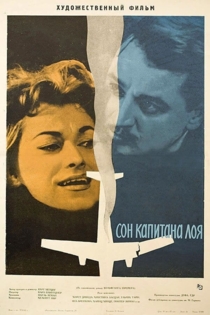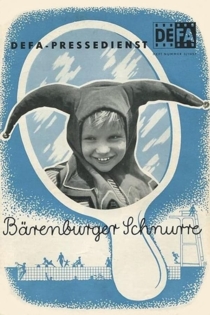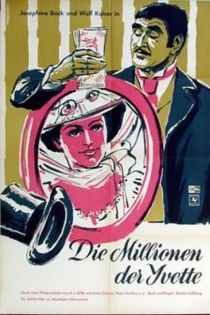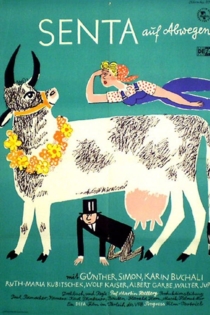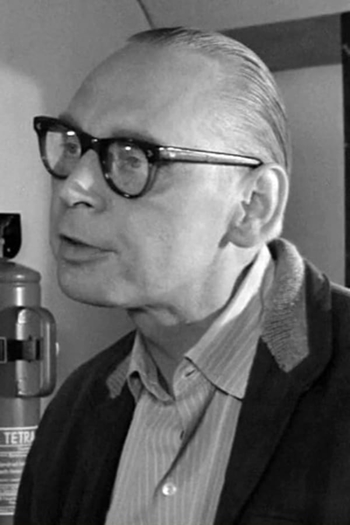
Walter Jupé
1916 - 1985Gefährliche Fracht
Gustav von Wangenheim
Willy A. Kleinau, Wilhelm Koch-Hooge
Американские военные приготовления целиком сконцентрированы в Западной Европе. В результате чего происходят постоянные поставки оружия западноевропейским странам. В одном из маленьких французских портовых городов корабль "Чикаго" с американским флагом не разгружается. У него на борту находится опасный груз-напалмовые бомбы. Французские докеры бастовали 3 месяца. Это была ожесточённая борьба, но они победили. Теперь в американской главной квартире во Франкфурте-на-Майне решается вопрос в какой гавани "Чикаго" освободится от своего груза...
Gefährliche Fracht
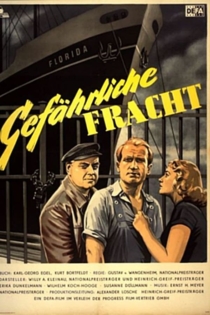
Spur der Steine
Frank Beyer
Manfred Krug, Krystyna Stypułkowska
Bad planning and shortages prevail on an East German construction site. Foreman Hannes Balla uses unconventional methods to overcome the problems. New Socialist Unity Party secretary Werner Horrath is charged with bringing the rough-and-ready builder crew into line. The task seems doomed to fail as the two men compete for the affections of young engineer Kati Klee. But when she gets pregnant by married man Horrath, he is in danger of being expelled from the party, and Balla takes his side...
Trace of Stones
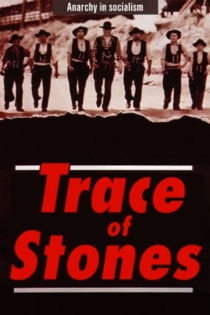
The Rabbit Is Me
Kurt Maetzig
Angelika Waller, Alfred Müller
The Rabbit Is Me was made in 1965 to encourage discussion of the democratization of East German society. In it, a young student has an affair with a judge who once sentenced her brother for political reasons; she eventually confronts him with his opportunism and hypocrisy. It is a sardonic portrayal of the German Democratic Republic's judicial system and its social implications. The film was banned by officials as an anti-socialist, pessimistic and revisionist attack on the state. It henceforth lent its name to all the banned films of 1965, which became known as the "Rabbit Films." After its release in 1990, The Rabbit Is Me earned critical praise as one of the most important and courageous works ever made in East Germany. It was screened at The Museum of Modern Art in 2005 as part of the film series Rebels with a Cause: The Cinema of East Germany.
The Rabbit Is Me
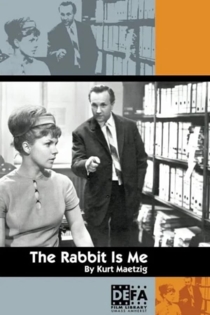
Thomas Müntzer – Ein Film deutscher Geschichte
Martin Hellberg
Wolfgang Stumpf, Margarete Taudte
In 1523, young Thomas Müntzer arrives with his wife Ottilie in the Thuringian village Allstedt to assume the rectorate. As a follower of Luther′s teachings, he finds in the Bible not only reasons for clerical, but also for secular reforms. But when Luther turns away from the rural population after a discord with Müntzer, it is Müntzer who becomes the peoples′ spokesman. He is forced to go to Southern Germany, where he convenes with revolting farmers. But his way leads him back to Thuringia. In 1525, he and Heinrich Pfeiffer form the centre of the Thuringian peasant uprising in Mühlhausen, but their success is diminished by the fact that peasants and craftsmen don′t seem to be able to work together. In Frankenhausen, Müntzer becomes the leader of a peasants′ army that is set to fighting the ruler′s army – and sustains a devastating loss. Müntzer is arrested and sentenced to death by decapitation for his insurgency.
Thomas Müntzer
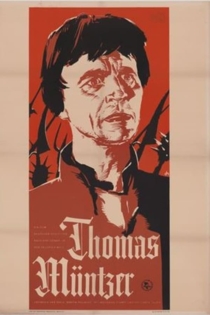
Guten Tag, lieber Tag
Gerhard Klingenberg
Rudolf Wessely, Margret Homeyer
Engineer Strebel′s apprentices think of nothing else but music and dancing, although they should really concentrate on their marks. Consequently, Strebel is anything but delighted with his pupil. To top it all, a TV show becomes interested in a performance by Strebel′s apprentices. To calm down their teacher, Jutta Fröhlich, who has already cast an eye on Strebel, makes him an offer: When they better their marks, Strebel would permit them to make a performance on television.
Guten Tag, lieber Tag
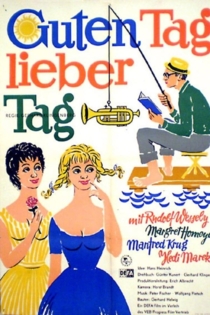
Ware für Katalonien
Richard Groschopp
Eva-Maria Hagen, Wilfried Ortmann
At the end of the 1950s, the production of optics in the German Democratic Republic has reached top quality and instigates interest in the West. When national demand rises strongly and at the same time the export to South America heavily decreases, the Volkspolizei - the GDR police force - starts to look into the case. Two seemingly unrelated cases are the starting point for the investigation by second lieutenant Schellenberg of the department for optics racketeering: An old woman who was arrested in the Berlin city railway for trying to smuggle a pair of binoculars to West Berlin, and a dead person in an area of allotments who was involved in obscure dealings with optical devices.
Ware für Katalonien
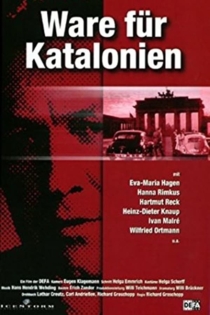
Ach, du fröhliche
Günter Reisch
Erwin Geschonneck, Mathilde Danegger
По пьесе Братислава Бражека "И такое в рождественский вечер!" В канун Рождества обострились отношения в семье Лёрке. Дочь Анна против желания родителей решила выйти замуж за Томаса, которого её отец считает непутевым пареньком...
Ach, du fröhliche
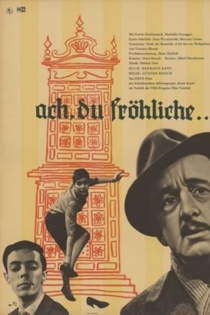
Das hölzerne Kälbchen
Bernhard Thieme
Günther Haack, Ursula Alberts
On a pasture in a small village stand the cows and calves of the herder Bürle. Since many years, there is also a wooden calve standing among them. One day, all calves are stolen, even the wooden one. Although they are innocent, all poor villagers are brought to trial. Thereupon, the farmers join forces and discover who really is responsible for the theft.
Das hölzerne Kälbchen
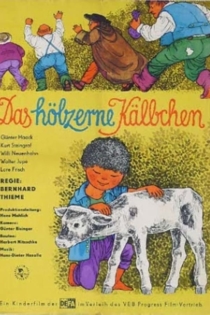
Der Traum des Hauptmann Loy
Kurt Maetzig
Horst Drinda, Christine Laszar
An American military plane takes six people, who have taken part in a NATO maneuver, from Tripoli to Oslo. Among them are the British Captain Loy and the United States Air Force Corporal Doris Graves. During the flight, the two become closer, and they regret that the trip will end that evening. But everything turns out differently. The flight captain has received orders to pick up an agent at a German NATO airport, who is to be dropped off again on a Soviet island …
The Dream of Captain Loy
